View all filters
Clear
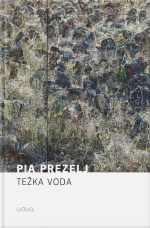
Acquagrave
Translated from
Slovenian
to
Italian
by Giorgia Maurovich
Written in Slovenian by Pia Prezelj
10 minutes read
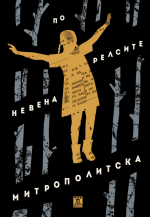
Lungo i binari
Translated from
Bulgarian
to
Italian
by Giorgia Spadoni
Written in Bulgarian by Nevena Mitropolitska
10 minutes read

La generazione banana: sulla doppia vita dei cinesi dei Paesi Bassi oggi
Translated from
Dutch
to
Italian
by Jessica Rostro Benigno
Written in Dutch by Pete Wu
9 minutes read

Bachmut
Translated from
Ukranian
to
Italian
by Claudia Bettiol
Written in Ukranian by Myroslav Laiuk
13 minutes read

la città in frantumi
Translated from
Dutch
to
Italian
by Jessica Rostro Benigno
Written in Dutch by Hanan Faour
8 minutes read
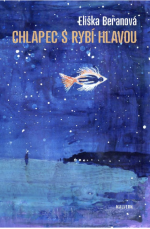
Il ragazzo con la testa di pesce
Translated from
Czech
to
Italian
by Marco Maria Baù
Written in Czech by Eliška Beranová
9 minutes read

La fuga (La matematica del crimine)
Translated from
Czech
to
Italian
by Marco Maria Baù
Written in Czech by Magdalena Sodomková
11 minutes read
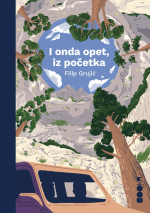
E poi di nuovo, da capo
Translated from
Serbian
to
Italian
by Katarina Mitić
Written in Serbian by Filip Grujić
9 minutes read
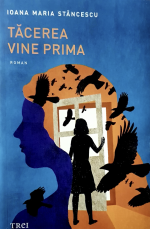
Il silenzio viene prima
Translated from
Romanian
to
Italian
by Barbara Pavetto
Written in Romanian by Ioana Maria Stăncescu
10 minutes read

Tutti gli ascensori portano al piano terra (Acqua da guardare)
Translated from
Bulgarian
to
Italian
by Giorgia Spadoni
Written in Bulgarian by Gergana Galabova
9 minutes read

Le pecore stanno bene
Translated from
Ukranian
to
Italian
by Claudia Bettiol
Written in Ukranian by Eugenia Kuznetsova
6 minutes read

Non c’è nessuno come te (Soggetti in volo)
Translated from
Slovenian
to
Italian
by Giorgia Maurovich
Written in Slovenian by Ajda Bračič
8 minutes read
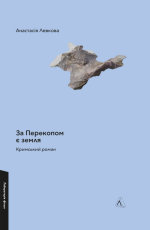
C'era una volta in Crimea
Translated from
Ukranian
to
Italian
by Claudia Bettiol
Written in Ukranian by Anastasia Levkova
11 minutes read

La voce di Sulina
Translated from
Dutch
to
Italian
by Matilde Soliani
Written in Dutch by Anneleen Van Offel
7 minutes read
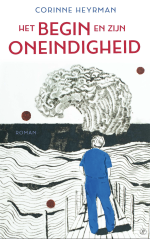
L’inizio e la sua eternità
Translated from
Dutch
to
Italian
by Jessica Rostro Benigno
Written in Dutch by Corinne Heyrman
9 minutes read

Fine
Translated from
Polish
to
Italian
by Paola Pappalardo
Written in Polish by Marta Hermanowicz
14 minutes read

Caseggiati arancioni
Translated from
Spanish
to
Italian
by Martino Gandi
Written in Spanish by Luis Díaz
8 minutes read

Corridoio (Peninsula)
Translated from
Dutch
to
Italian
by Matilde Soliani
Written in Dutch by Lieven Stoefs
8 minutes read

Meine Mutter hat Blumen gezüchtet (I presupposti non contano)
Translated from
Serbian
to
Italian
by Katarina Mitić
Written in Serbian by Ljiljana D. Ćuk
6 minutes read

TRE!
Translated from
Czech
to
Italian
by Marco Maria Baù
Written in Czech by Anna Luňáková
8 minutes read